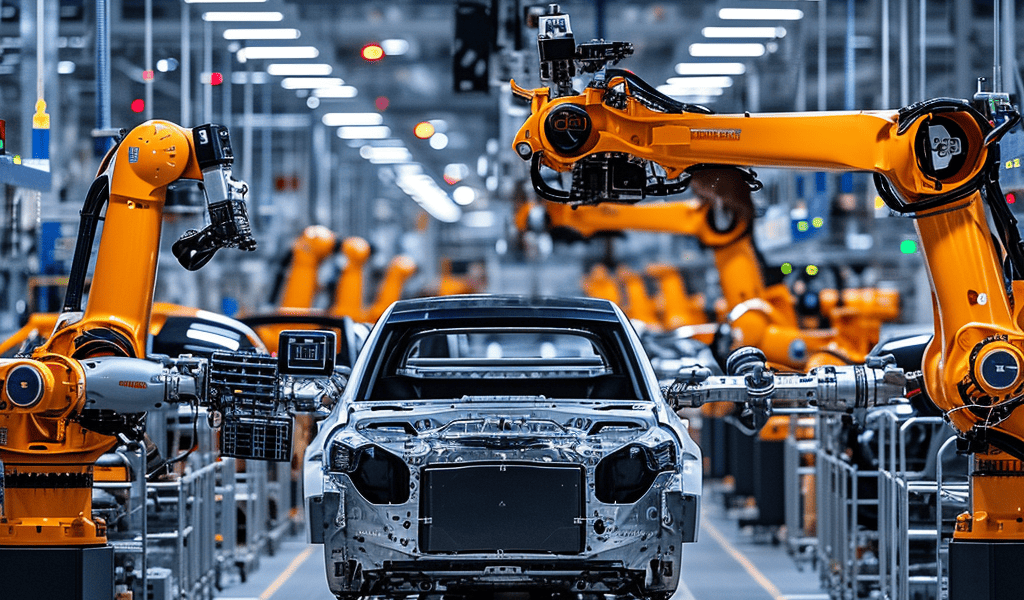German car suppliers are facing challenges as they struggle to adapt to the shift towards electric vehicles (EVs). The automotive industry is undergoing a significant transformation, with the demand for EVs increasing and traditional combustion engine vehicles facing a decline.
This shift has put pressure on car suppliers in Germany, known for their expertise in traditional automotive components. The transition to EVs requires a different set of components and technologies, posing a major adjustment for these suppliers.
As electric vehicles become more prevalent, the need for components such as batteries, electric motors, and charging infrastructure has surged. This has created a demand for new expertise and production capabilities, which many German car suppliers are currently grappling with.
Furthermore, the shift to EVs has prompted changes in the supply chain and manufacturing processes. Suppliers are now required to reconfigure their operations to accommodate the production of EV components, which often differ from those used in traditional vehicles.
While some German car suppliers have made strides in adapting to the EV transition, many are still in the process of navigating this significant industry shift. The need to invest in new technologies, retrain employees, and restructure operations has presented a formidable challenge for these suppliers.
Amid these challenges, it is evident that the shift towards electric vehicles is reshaping the automotive industry and prompting a fundamental reevaluation of traditional practices. As the demand for EVs continues to grow, the ability of German car suppliers to successfully adjust to this transition will be crucial in determining their future competitiveness in the evolving automotive landscape.





